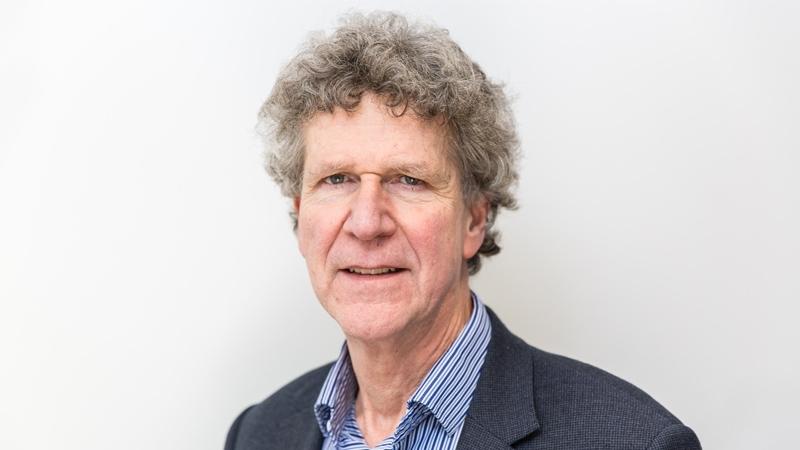Professor Steven Barnett, Professor of Communications, wrote an article for The Conversation about whether the UK’s public broadcast regulator Ofcom has the public interest at heart.

In the article, Professor Barnett discussed what Ofcom represents, and wrote: “Is Ofcom still committed to supporting the broader public interest? Recent evidence – especially since taking full regulatory powers over the BBC in 2017 – is not encouraging. First, there was the long delay in allowing the BBC more flexibility in its iPlayer, to enable it to compete with increasing audience demand for box sets and longer viewing windows. Ofcom’s insistence that the BBC should conduct a public interest test was not the approach of a regulator prioritising the interests of citizens who are collectively paying for a universal public service trying to compete with American streaming services.”
He added: “Ofcom’s consultation on the future of public service broadcasting proposes shifting the concept of public service media (PSM) to reflect the internet age and the emergence of a plethora of new platforms and subscription services. While the sector needs to embrace new technologies, Ofcom’s approach raises awkward questions about whether it still believes in public service broadcast institutions.”
Discussing the government finalising its choice for Chair of Ofcom, he added: “Since it’s inauguration in 2003, Ofcom has played a central role in promoting the UK’s democratic and cultural welfare. But this appears to be changing. These are disturbing signs that its decision-making and internal culture are becoming increasingly dominated by an economics-driven and consumerist philosophy at odds with its duty to citizens. This is why the choice of a new chair is vitally important.”
Read the full article on The Conversation’s website.


